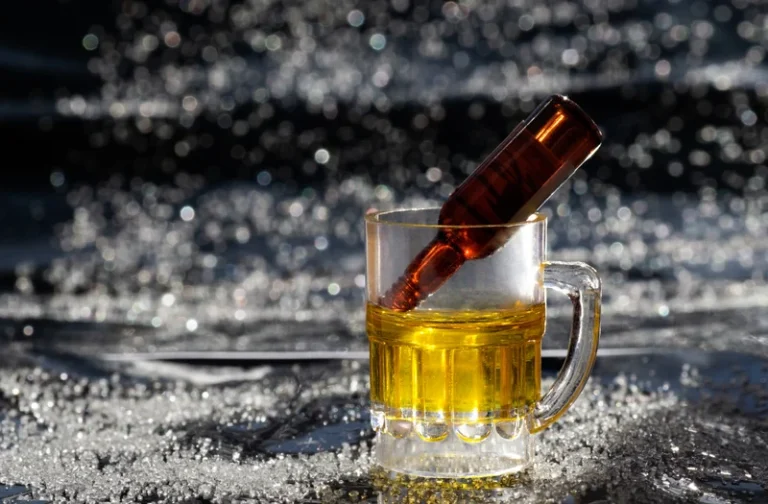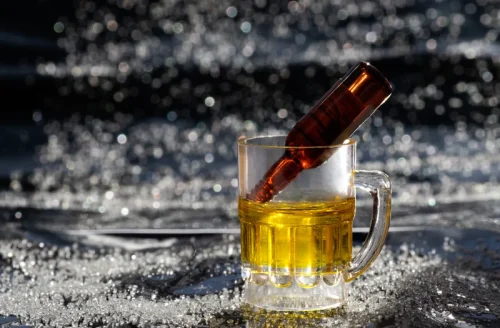
Quitting alcohol can help you lead a more enjoyable life, free from anxiety and stress. So, what are the benefits of sobriety on mental health, and how can we harness them? In this section, we will explore the ways in which quitting alcohol can help alleviate anxiety and stress, improve mood and emotional stability, and boost self-esteem and confidence. Maintaining a social life without alcohol can seem daunting, but with the right mindset and strategies, it’s entirely possible.
Physical Health Improves
Regardless of your reasons for going alcohol-free, you’re likely to have urges or cravings at some point. You may even have a setback or slip and find yourself drinking again. It’s important to understand that cravings and setbacks are part of the process and they don’t mean that you’re unable to be alcohol-free. They just mean that alcohol had a bigger role in your life than you may have noticed. There’s a useful online screening tool that can help you assess withdrawal symptoms and track them over time, but it’s not a substitute for a professional evaluation. If you think you’re experiencing withdrawal, please seek medical assistance quickly.

Flourishing at Work: Innovative Strategies for Managing Mental Health Without Alcohol for Working Professionals
And so, when also… You don’t have to be, you know, “that bad” to decide that it’s not working for you, or it’s not healthy, or it’s dragging you down or keeping you stuck or sort of operating at half power. As you navigate the path of managing your mental health without alcohol, remember that you hold a treasure trove of strategies within you. Embrace the ones you’ve learned and allow yourself to get curious, exploring what works best for your unique journey towards better mental well-being.

Fostering Supportive Relationships: Building Connections Without Alcohol

But you know, when it comes to things, I think, when you’re going through something hard, or when you really need people to relate to, um, to find people who are even more like you. So it was really important for me to have, we have a women’s page, we have a men’s page, we have an LGBTQIA page, we have a biopic page. And these are all run by people who are actually in those communities and who actually identify as Um, as those chapters, you know, and we’re working on meetings, and so it’s really an https://ecosoberhouse.com/article/ all-encompassing community. But it’s just about, you know, being supportive and being positive and realizing that there’s a better way of living. And you know, you’re going to be supported and not judged, no matter if you choose to stay if you choose to go, if you come back and forth, you know, you’re always welcome. And so it’s breaking up that cycle, and telling your body, okay, I’m going to try something different.
- Because before she stopped drinking, soon she’d feel that classic introvert exhaustion from having to put out so much energy in social situations.
- Wildwonder Strawberry Passion offers the taste of perfectly ripe strawberries and tart passion fruit juice for a naturally sweet and juicy refresher.
- I can name you know, like, only a couple people that were really active back then.
- “He was incredulous that he’d never noticed,” Curtis said, adding that she’s been sober ever since.
- But when you’ve been doing it your entire life, you know, it’s hard to change your ways.
- Taking a break from consuming alcohol allows you to evaluate your relationship with alcohol and the role it plays in your life.
- But Syd was also, or is, still is, an introvert.
High-risk drinking is more than three drinks a day for women and four a day for men, and this is considered higher risk for alcohol use disorder (AUD). Of course, the new year is also a popular time to take stock of your health and lifestyle choices, press the reset button, and dive into resolutions such as Dry January. The post-holiday sobriety challenge, which started in the U.K. alcohol free lifestyle In 2013, has been embraced by more people each year.



Yorum Yapılmamış